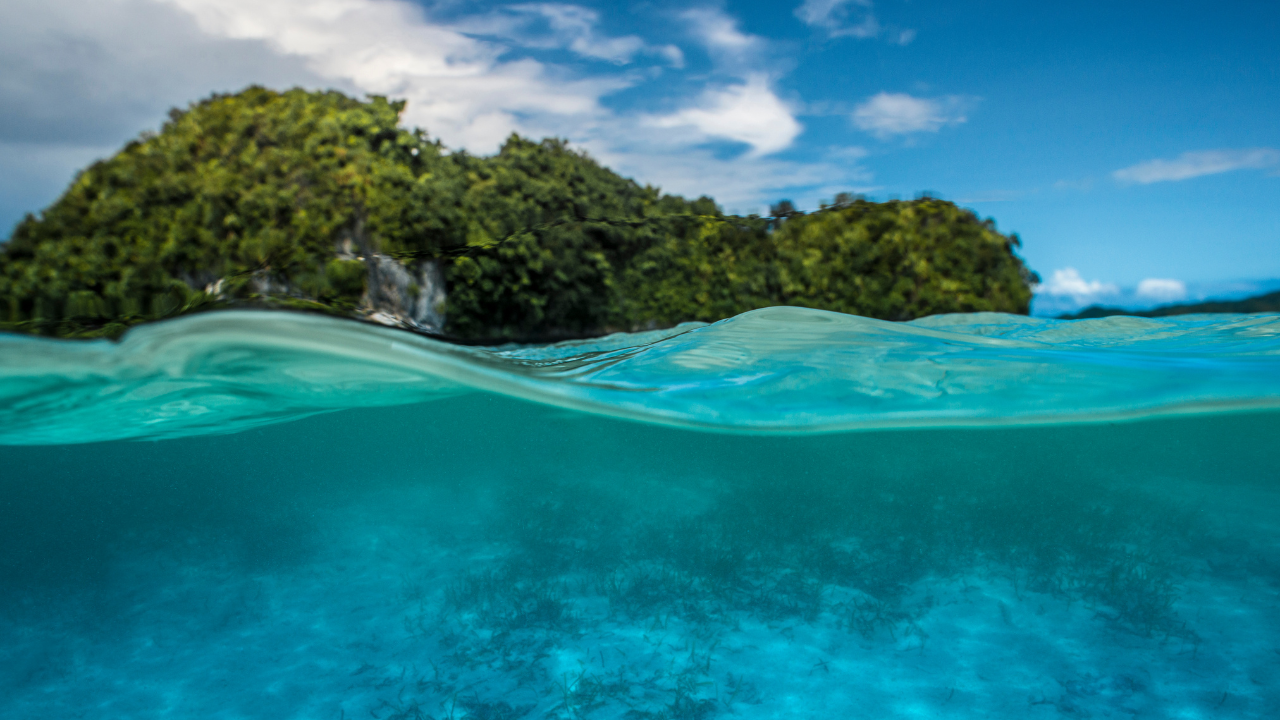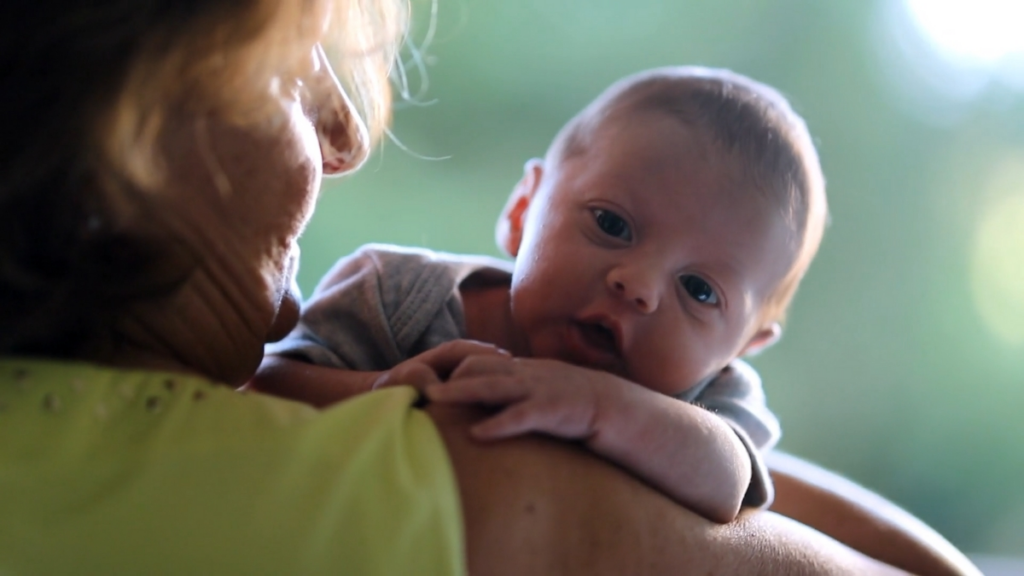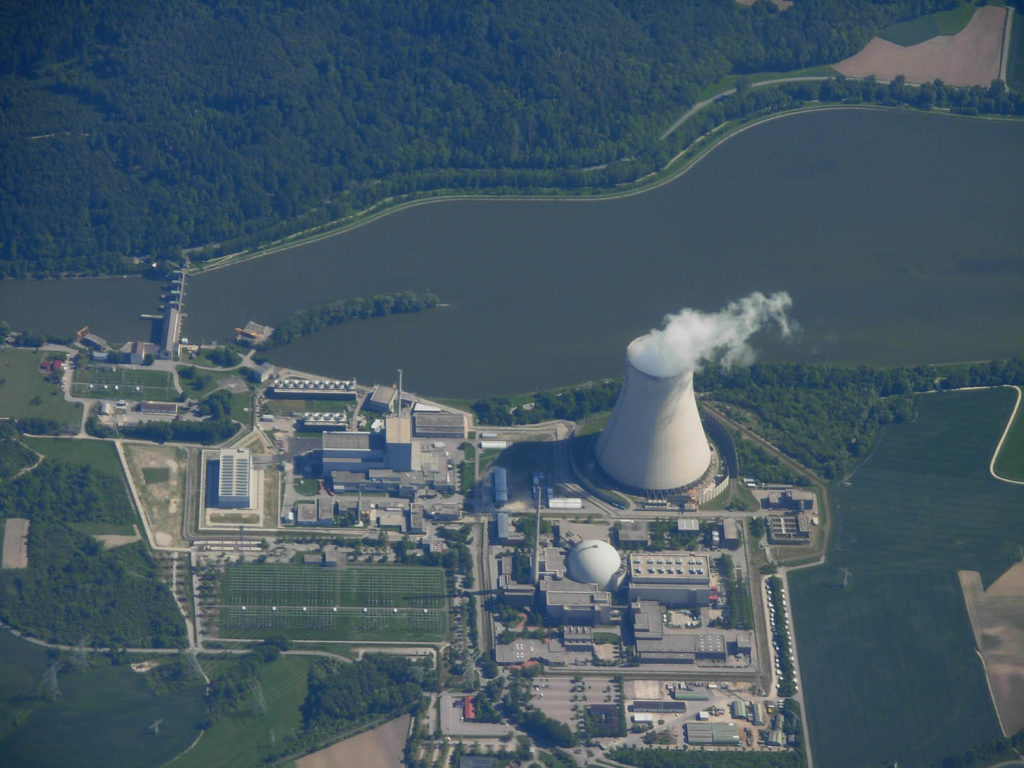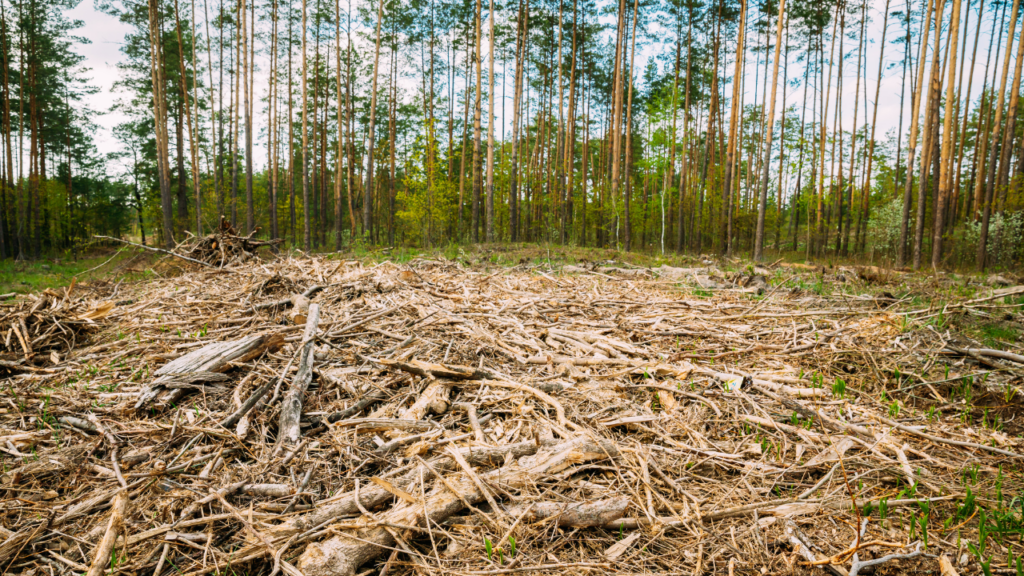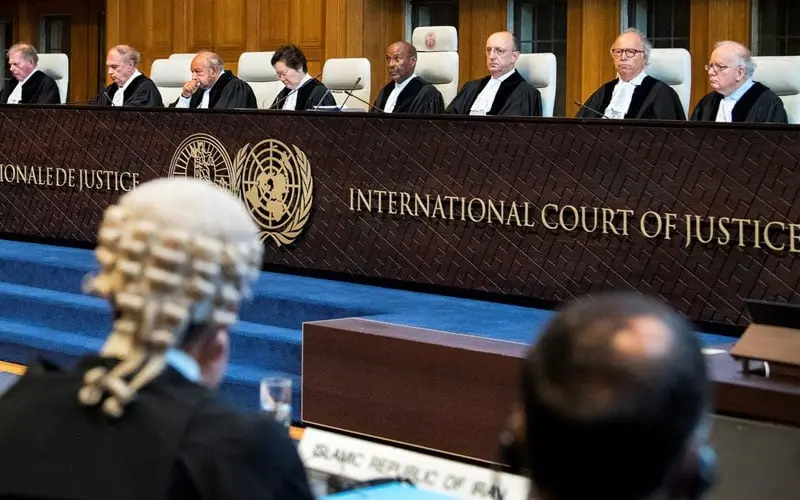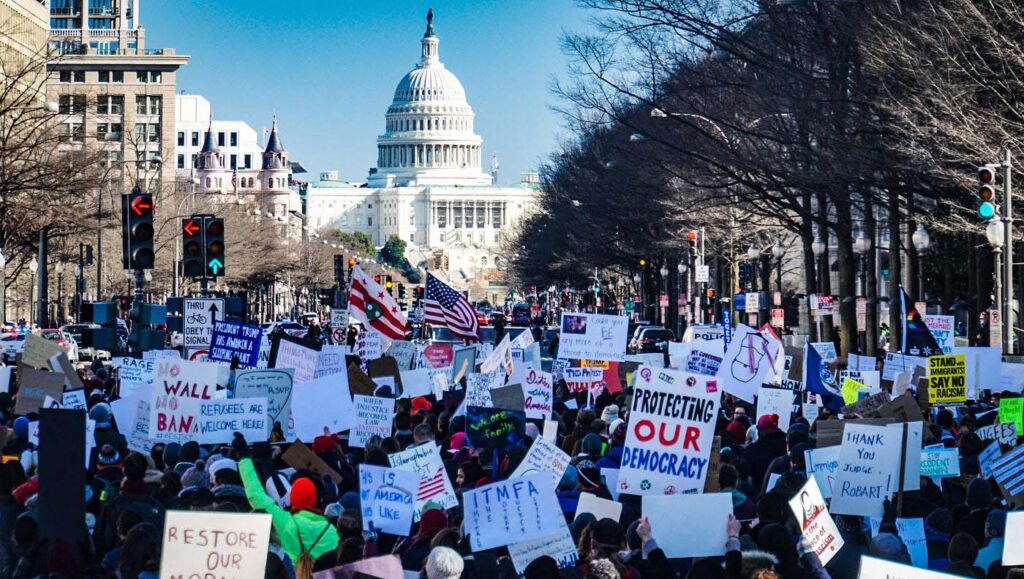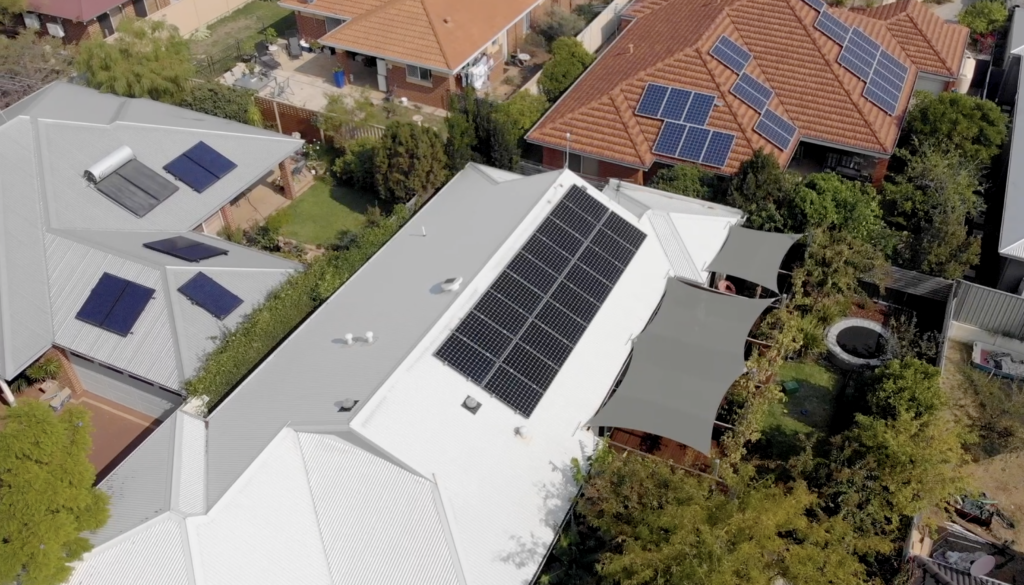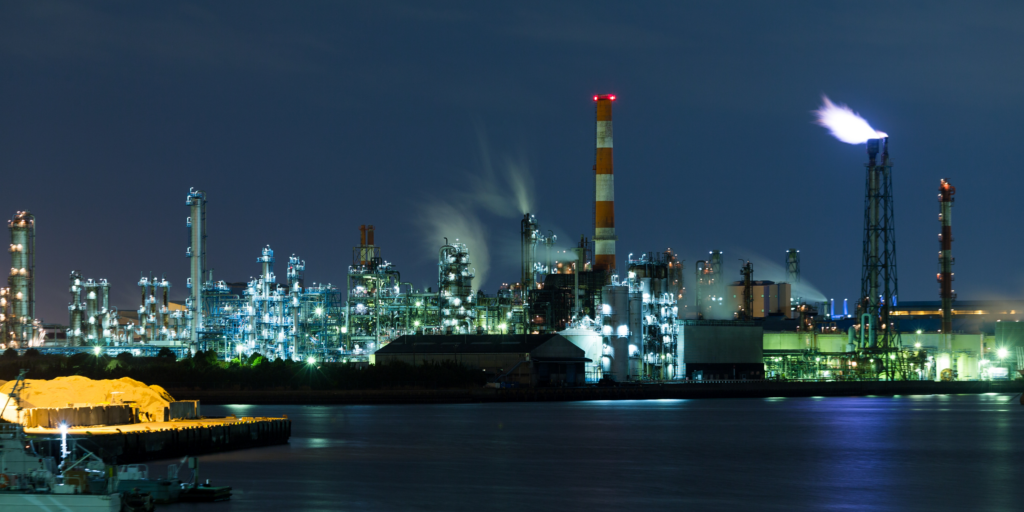This article is republished from The Conversation under a Creative Commons license.
Read the original article. Written by Senior Researcher Wesley Morgan
The federal government has announced an extra A$150 million for climate finance – including $100 million for the Pacific to help protect its people, housing and infrastructure from the escalating impacts of global warming.
It comes as Climate Change and Energy Minister Chris Bowen lands in Dubai for international negotiations at the 28th United Nations climate summit. At the end of the hottest year on record, these talks focus on accelerating climate action in line with the Paris Agreement.
While new funding is undoubtedly important and can go a long way to supporting community-led resilience-building efforts in the region, Australia will be under growing pressure to do more.
A growing number of countries, including the European Union and Pacific island nations, want to see global agreement at COP28 for a managed phase-out of fossil fuels.
Many observers are sceptical that COP28 can deliver consensus on shifting away from coal, oil and gas, because host nation the United Arab Emirates is a major oil exporter. This is a problem Australia also faces – having volunteered to host UN climate talks in 2026, in partnership with Pacific island countries. Today, Australia exports almost three times as much fossil fuels as the UAE. Dozens of new coal and gas projects are lining up for approval.
Today’s announcement must not be a substitute for addressing the root causes of the climate crisis. Australia must stop approving new coal, oil and gas projects. And we must back agreement at COP28 for the phase-out of fossil fuels.
What’s in today’s announcement?
Australia will kickstart the Pacific’s first resilience financing facility with $100 million, and rejoin the Green Climate Fund with a $50 million contribution. As the government says in today’s joint statement:
Climate change is the single greatest threat to the livelihoods, security and wellbeing of climate vulnerable countries and regions, including the peoples of the Pacific.
Sea-level rise, stronger cyclones, marine heatwaves and increasingly acidic oceans pose existential threats to many Pacific islands. Low-lying atoll nations such as Kiribati and Tuvalu are especially vulnerable.
Australia certainly has a responsibility to help Pacific communities adapt. Supporting the Pacific-led, owned and managed Pacific Resilience Facility is an important step.
The facility was proposed by island leaders as a regional fund that would help island communities build resilience to climate impacts, and would be driven by Pacific priorities.
It was established partly in response to concerns that other large multilateral funds are difficult for Pacific island countries to access, and are not geared to support community-scale projects. These locally driven solutions and community projects deserve our support.
The Australian government says it will support locally led, small-scale projects:
This includes grants for climate adaptation, disaster preparedness, nature-based solutions and projects which respond to loss and damage.
Note the words “loss and damage” – the sole mention of those words in today’s announcement. Bowen has so far been hesitant to make any commitment to the new global Loss and Damage Fund, to be administered by the World Bank.
Rejoining the Green Climate Fund
The world’s largest global climate fund, the Green Climate Fund, was set up in 2015 as part of the Paris Agreement. It has approved projects across 128 countries.
Australian diplomat Howard Bamsey was previously Executive Director of the Green Climate Fund and Australia was able to direct the multilateral fund to support initiatives in our region.
But the Morrison government withdrew Australia from the fund in 2018. We should never have left. It was a rash decision, announced by the then Prime Minister Scott Morrison live on air while talking to radio host Alan Jones.
Rejoining the Green Climate Fund makes good sense for Australian diplomacy and relations with countries in our region. By rejoining the fund, Australia can effectively advocate for funding to meet Pacific needs.
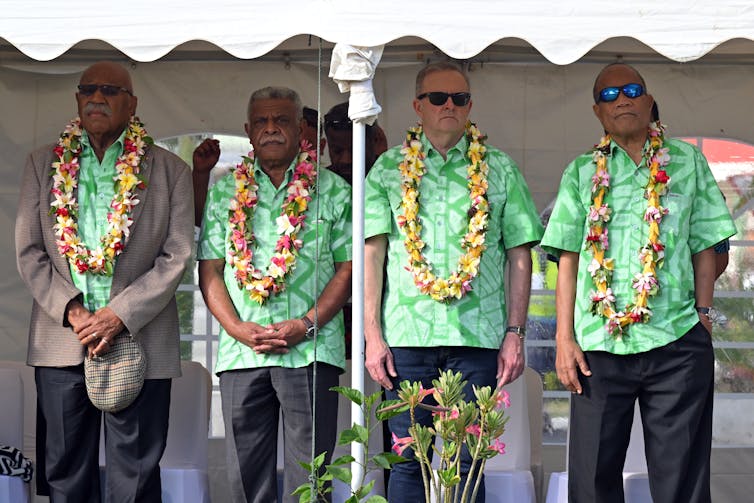
Australia should contribute to the new Loss and Damage Fund
Providing finance to help Pacific communities deal with growing climate impacts is a positive step, but Australia also needs to contribute to the newly established fund to address loss and damage that is now unavoidable.
The establishment of the global Loss and Damage Fund at the beginning of COP28 last week was a major breakthrough, and a real win for Pacific island countries.
Vanuatu first proposed a global fund in the early 1990s. The idea was polluters would pay for the damage they were causing.
This is different to climate finance for adaptation. It is meant to deal with things you really can’t adapt to, such as loss of lives after a major cyclone, or damage to crucial infrastructure after coastal inundation.
Finalising such a fund means wealthy nations and major emitters must now allocate funds to address these forms of loss and damage in the Pacific.
With other nations – including the United States, the United Kingdom, Japan, the UAE and Germany – already making announcements to contribute to this new Loss and Damage Fund, Australia must also do its part.
Australia should be supporting our Pacific neighbours by actively contributing to this global fund and recognising our responsibilities as a major fossil fuel producer
Committing to fossil fuel phase out key to winning Pacific support
The only way to actually stop harming communities in the Pacific is to stop adding fuel to the fire. That means stopping the approval of new coal, oil and gas projects and committing to a managed phase-out of fossil fuels.
Australia has put up its hand to host COP31 with Pacific island countries in 2026. To be a successful host of the UN climate talks, Australia will need to actively support the Pacific’s fight for survival. We can’t just keep throwing money at the problem. We need to be part of the solution.

